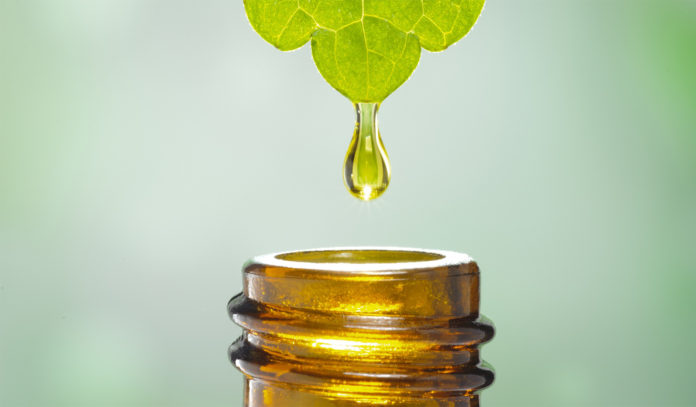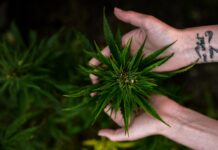
After a scientific review of CBD, World Health Organization’s Director General says it should not be considered a scheduled substance.
The WHO report found there are “no case reports of abuse or dependence relating to the use of pure CBD” and that “no public health problems have been associated with CBD use.”
“Therapeutic applications of CBD are being researched for a variety of clinical uses,” the report states. “Research in this area is most advanced in the treatment of epilepsy. In clinical trials, one pure CBD product demonstrated effectiveness for treating some forms of epilepsy such as Lennox-Gastaut Syndrome and Dravet Syndroms, that are often resistant to other forms of medication.”
See also: THC, CBD cannabis oil can help kids with epilepsy: study
It found CBD has been “generally well tolerated with a good safety profile and that “adverse effects of CBD use include loss of appetite, diarrhea and fatigue.”
A paper released this week by Live Well noted there’s a growing body of evidence as to CBD’s therapeutic effects including pain relief, combating mood disorders and lowering inflammation.
“The scientific evidence keeps building every day,” it noted. “Dosing typically starts at 20mg per day for pain, but can go as high as 1,000-2,000mg for epilepsy. Furthermore, the Food and Drug Administration just approved the first CBD-based drug to treat epileptic seizures called Epidiolex.”
The Live Well report suggested its possible that CBD could become a legal natural supplement, similar to fish oil, across all 194 member countries of the WHO, given the organization’s stance.
CBD is also undergoing clinical trials for a variety of health issues, such as multiple sclerosis, neuropathic pain, schizophrenia, bipolar mania, anxiety, insomnia and Huntingson’s disease.
The Live Well report concluded that given the numerous reported health benefits of CBD without any psychoactive effects, it “has the ability to gain rapid mainstream acceptance.”
“Recent regulatory changes to the CBD and industrial hemp legal frameworks will facilitate the rapid local adoption of CBD from industrial hemp, into the mainstream global health and wellness food market.”


















